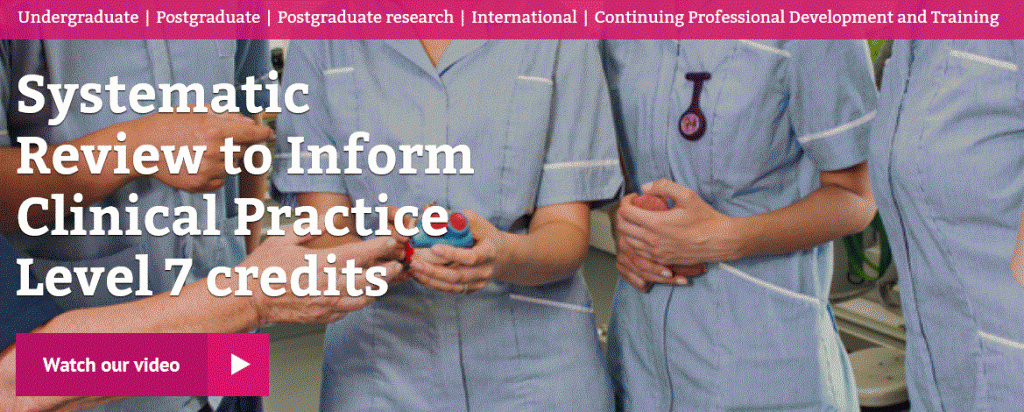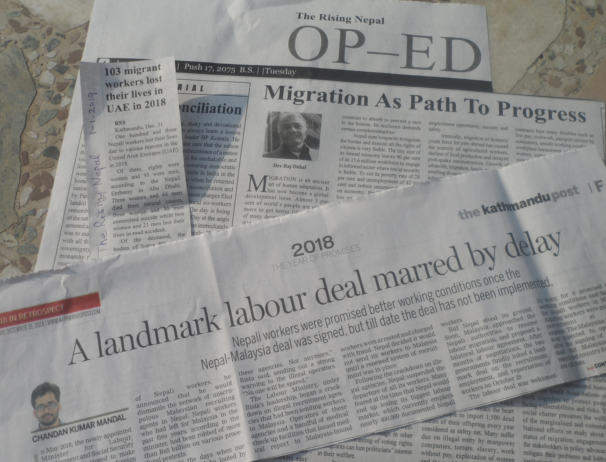Academic colleagues from the UK, China, South Africa, Australia and Sweden are working on developing joint answers to global challenges from a dual cultural perspective.
The aim of this research project with the title Global challenges: taking an international approach, is to find holistic approaches to security questions, ecological threats and development challenges. This includes researching diverse topics such as exploring the potential of terrorism litigation as a legal security tool for China’s One Belt Road initiative; investigating the role that river rights play in producing new modes of regulation along China’s trans-boundary rivers; and exploring the symbolic power of International Environmental Law as a force for managing dissent in the South China Sea.
Dr. Kenneth Kang, BU Centre for Conflict, Rule of Law and Society (CROLS) PGR and affiliated with Xiamen University, China International Water Law Research Group, and Yu Dong, a graduate from Peking University and CROLS researcher granted by China Scholarship Council and China’s Department of Education, are preparing under the supervision of Dr. Bachmann two security related themes for the Chinese market.
One current activity is titled ‘Eco threats as security threats and the protection of the environment during hostilities’ and ‘Terrorism litigation as deterrence under international law’ and is based on existing academic work published in the UK by members of CROLS and aims at transferring the findings into the Chinese context. Two publications in leading Chinese journals are planned for 2019.
The study group is led by Dr. Sascha Dov Bachmann, Associate Professor at BU, Reader in War Studies at the Swedish Defence University, and Research Fellow at the Faculty of Military Science at Stellenbosch University, who is the Head of the (CRoLS), Bournemouth University, and Scientific Contributor and Research Fellow (designate) at the Legal Office of NATO, the Supreme Headquarters Allied Powers Europe (SHAPE). Expressions of interest of becoming involved can be sent directly to sbachmann@bournemouth.ac.uk.
The group aims at fostering research collaborations across the globe and to foster academic dialogue in a non-partisan way among academic and professional practitioners.



















 Conversation article: London Marathon – how visually impaired people run
Conversation article: London Marathon – how visually impaired people run Horizon Europe News – December 2023
Horizon Europe News – December 2023